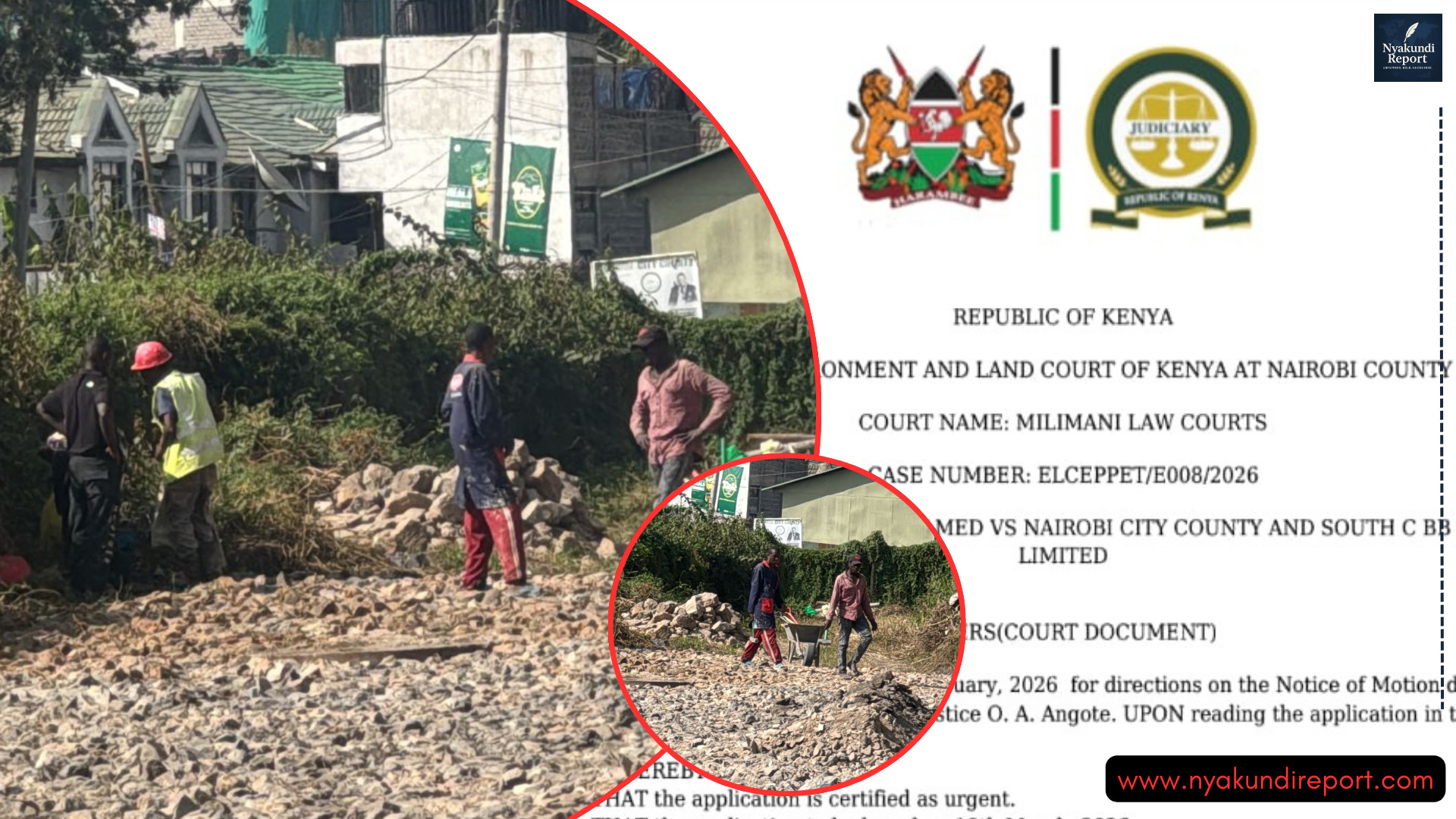Over the last week, Kenyans have been debating a new set of laws signed by President William Ruto on October 15, 2025. Among them, the Computer Misuse and Cybercrimes (Amendment) Act, 2024, has attracted the most attention.
The law introduces new penalties for cyber harassment, expands online surveillance powers, and gives the state the authority to block websites that promote unlawful activities. While the government insists the law will enhance digital safety, critics say it threatens privacy and free expression online.

Controversial Changes Introduced by the New Cybercrime Law
The New Cybercrime Law updates Kenya’s 2018 Computer Misuse and Cybercrimes Act to respond to emerging online threats. It broadens the definition of offences such as phishing, identity theft, and cyber harassment to match modern digital realities.
Under the new amendments, computer misuse now covers any unauthorized access or modification of systems and data. This means that even minor breaches or attempts to interfere with ICT systems can result in prosecution. The government argues that these provisions will improve its ability to trace and recover proceeds from cybercrime.
The law also introduces the concept of Critical Information Infrastructure (CII), which applies to essential sectors like banking, energy, and telecommunications. Organizations managing such infrastructure are now required to implement annual cybersecurity risk assessments and maintain localized data within Kenya.
Tougher Penalties for Online Harassment and Identity Theft
One of the most notable changes in the New Cybercrime Law is the expansion of the definition of cyber harassment. It now includes situations where the perpetrator’s online conduct could cause another person to harm themselves or even commit suicide.
The law also criminalizes communication that could incite violence, damage property, or cause emotional distress. Those found guilty face fines of up to Ksh20 million, jail terms of up to ten years, or both.
In addition, the law introduces penalties for sending indecent or grossly offensive content intended to harm others. Legal experts say this section targets online bullies and those who use social media to spread hate or humiliation.
To fight identity theft, the new law makes unauthorized SIM-SWAP activities illegal. Anyone caught taking ownership of another person’s SIM card with the intent to defraud faces up to two years in prison or a fine of Ksh200,000. This aims to protect Kenyans from financial scams carried out through cloned SIM cards and phishing messages.
Government Powers to Block Websites and Monitor Data
The New Cybercrime Law gives the National Computer and Cybercrimes Coordination Committee (NC4) stronger powers to combat online crimes. It can now order the blocking of websites or apps that promote unlawful activities such as terrorism, child pornography, or religious extremism.
Courts are also empowered to direct that any content found unlawful be permanently deleted from platforms or devices. According to lawmakers, these measures aim to stop the spread of harmful or extremist content before it influences the public.
However, digital rights activists have raised red flags. They argue that the law gives the government too much control over online content, allowing it to silence dissent under the pretext of maintaining security.
The new amendments also compel internet service providers to preserve and share user data when requested by law enforcement. This means that investigators can now access information from social media platforms, emails, or websites during active cases.
Critics warn that without proper oversight, this could lead to abuse or mass surveillance of ordinary citizens. They fear that journalists, bloggers, and government critics could be targeted under the guise of combating misinformation.
Balancing Cybersecurity and Free Expression
While the government insists the New Cybercrime Law strengthens Kenya’s cybersecurity posture, debate continues over whether it infringes on individual freedoms. Lawmakers have emphasized that the amendments do not erode constitutional rights or delegate excessive powers to the executive.
Still, concerns persist among civil society groups. They argue that Kenya already has laws to address defamation, incitement, and false information—and that this new law duplicates existing provisions with harsher penalties.
Supporters of the law say the country needs tougher rules to fight digital fraud, cyber terrorism, and online radicalization. Kenya has seen a rise in online scams, fake news networks, and extremist content targeting the youth, making regulation necessary.
The New Cybercrime Law represents Kenya’s latest effort to balance innovation with digital safety. Whether it achieves that balance—or becomes a tool for control—will depend on how the government enforces it in the coming months.







































